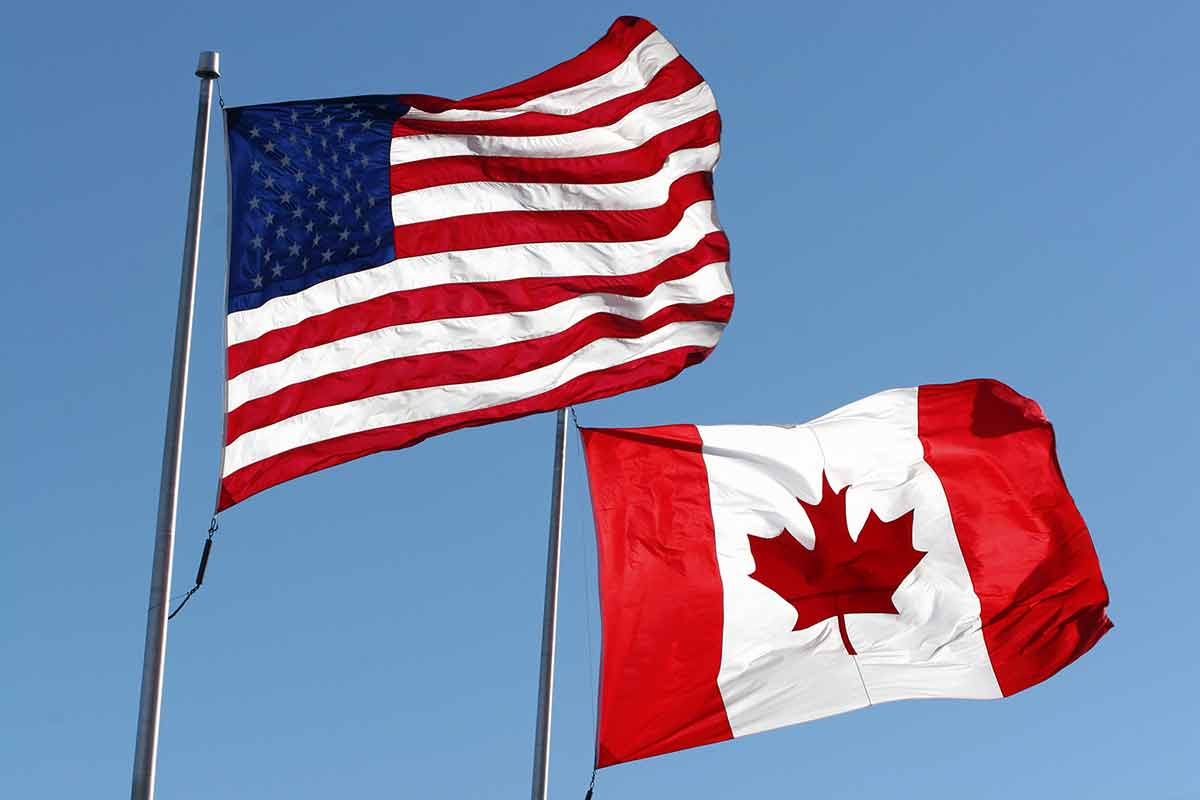USITC report confirms value of U.S.-Canada grid connections

Manitoba Hydro’s primarily run-of-river facilities help to backstop energy supply in neighbouring states and provinces.
In February 2020, the United States International Trade Commission (USITC) asked for input on the economic and environmental effects of importing renewable electricity to Massachusetts. This investigation was at a time of turbulent trade relationships between the U.S. and other countries, and there were questions about whether New England’s goals for renewable energy should include significant imports of electricity from Canada.
In February 2021, after input from several utilities, industry groups, state governments, intervenors, grid operators, and case studies, the USITC found that importing Canadian hydropower “can help stabilize electricity prices, reduce costs to consumers, and make variable renewable energy (such as wind and solar) more profitable. When hydroelectricity imports are used to balance fluctuations in wind power generation, they reduce price volatility and can increase the revenue to wind projects.”
Manitoba Hydro, Hydro-Québec, federal and provincial governments, WaterPower Canada (a national not-for-profit trade association), the Canadian Electricity Association (CEA), and WIRES (an international non-profit coalition promoting the benefits of stronger transmission systems), submitted evidence that helped arrive at that conclusion.
The U.S. and Canada have a long history of interconnected power grids, with over 35 high voltage transmission lines crossing the international border. Manitoba Hydro has export power agreements with utilities in Minnesota, North Dakota, and Wisconsin, and is a coordinating member of the Midcontinent Independent System Operator (MISO).
In addition to the benefits noted above, the report also detailed other advantages of interconnections, such as enhanced reliability on both sides of the border (specifically highlighting the ability to restore power after major blackouts and storm-related outages) and overall environmental benefits compared to sources of generation that rely on fossil fuels.
“This report confirmed what we already knew about cross-border interconnections,” said Kristel Arnold, Manitoba Hydro’s Energy Sustainability Section Head. “Manitoba Hydro has a long history of mutually beneficial relationships with utilities in the United States and we were happy to provide evidence of that.”
Canada’s electricity sector as a whole is among the most sustainable in the world, with more than 80% of electricity produced in Canada already non-emitting and predominantly dispatchable baseload hydropower — Manitoba Hydro’s mix is 96% clean, reliable hydropower. In areas where the generation mix predominantly relies on fossil fuels, importing power from utilities like Manitoba Hydro is a safe and reliable way to meet carbon targets, and it can work in tandem with more intermittent generation methods like wind and solar.
The electricity trade relationship between Canada and the United States also has the benefit of “seasonal complementarity,” as electricity demand typically peaks in each country during a different season – Canada in the winter and the United States in the summer. Sharing excess electricity across connected grids can reduce the need for new resources in both countries, benefiting each utility’s customers.
Manitoba Hydro is proud to be part of the Midcontinent Independent System Operator (MISO) and looks forward to future relationships with utilities south of its border.
